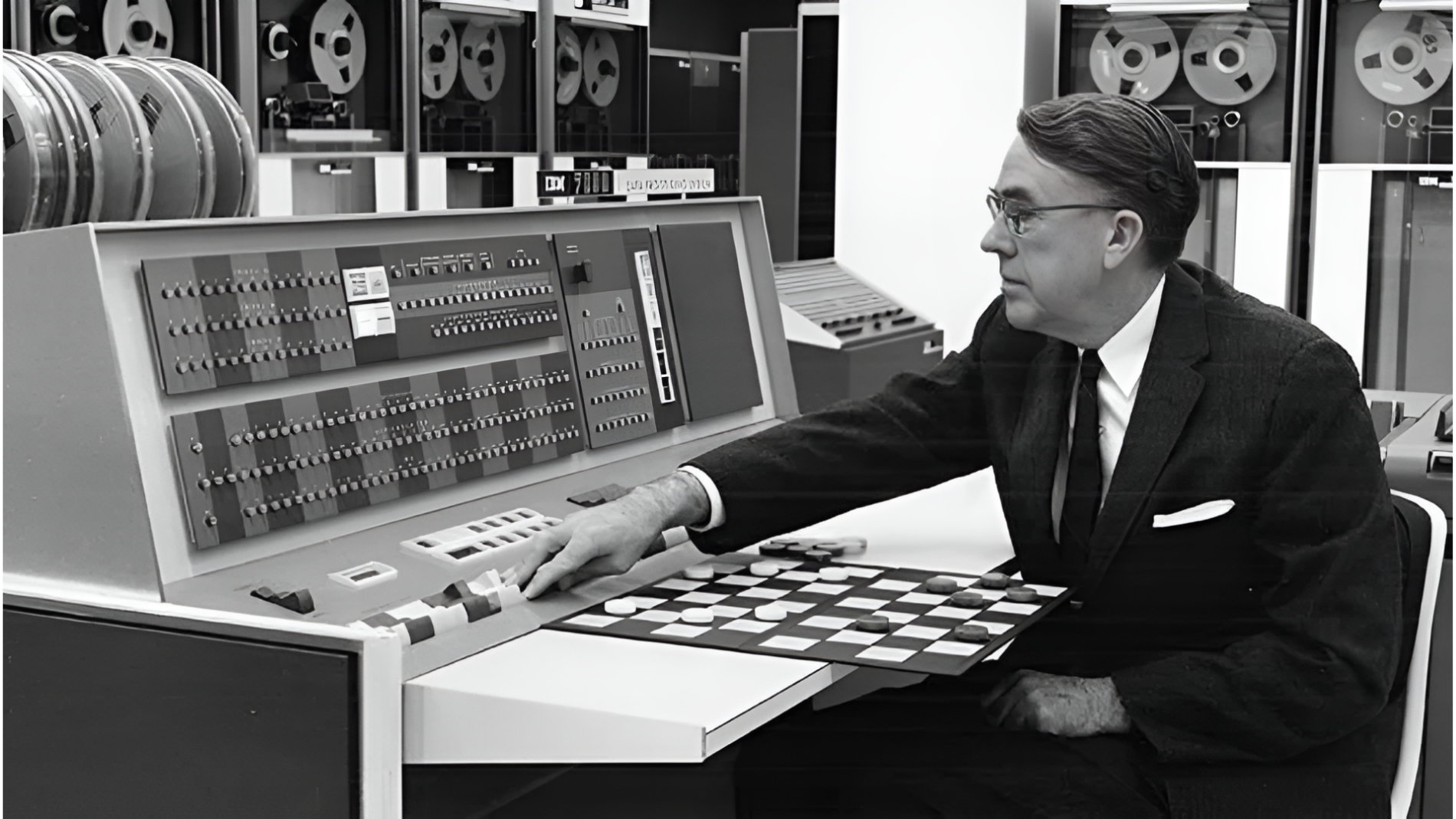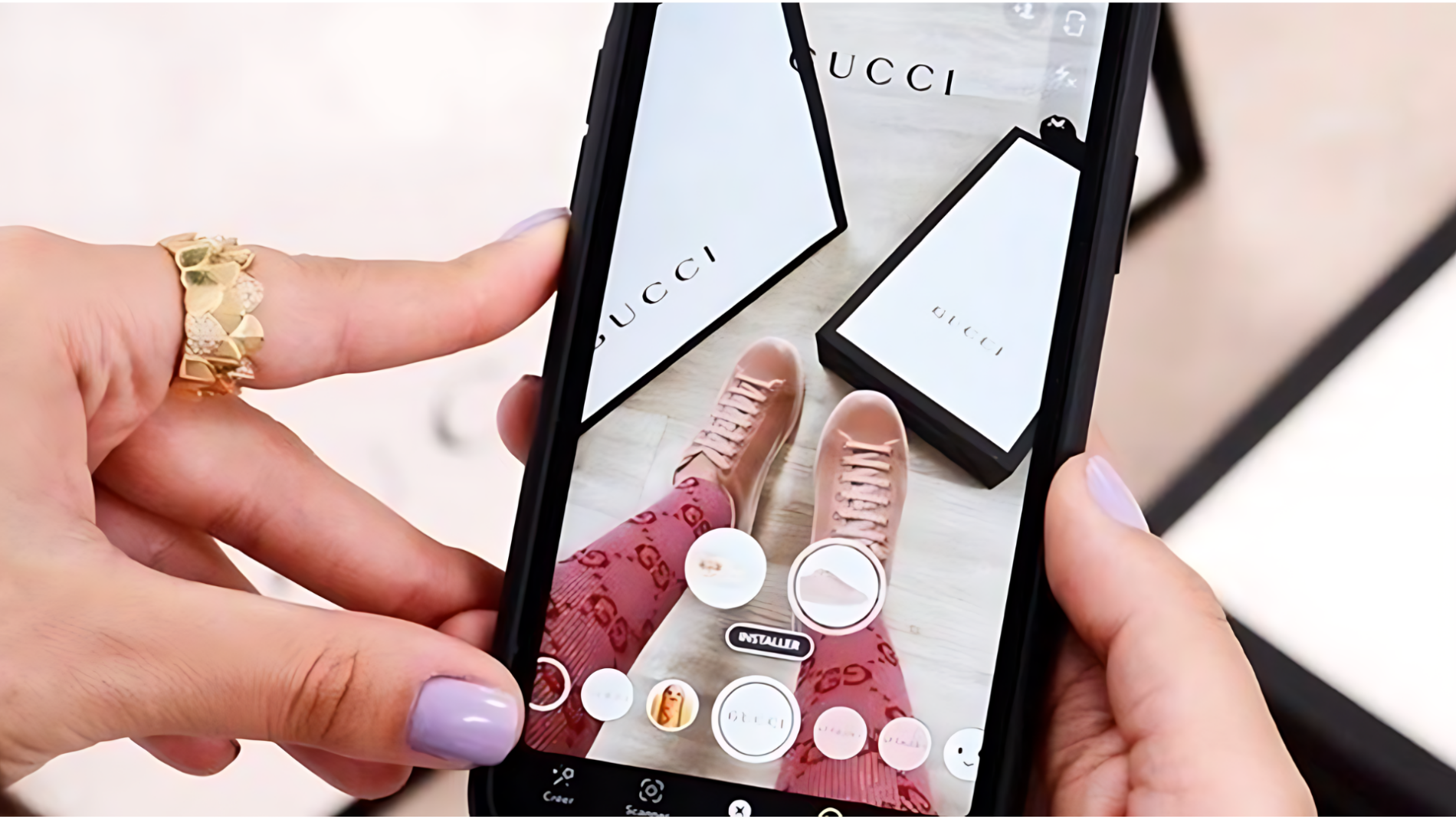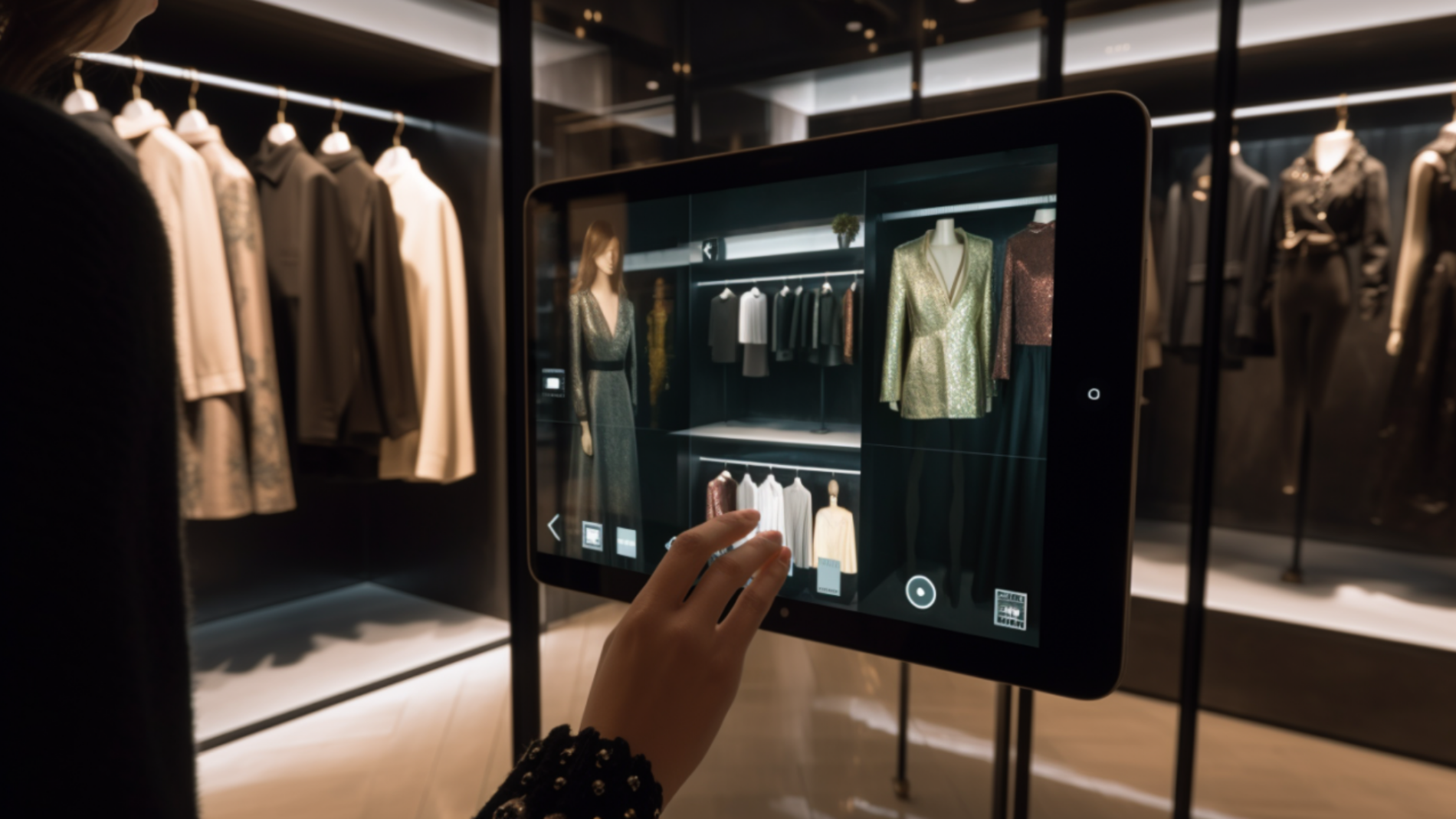How Artificial Intelligence is Transforming the Luxury Sector
AI is innovating at a breakneck pace, says Lucy Davis. How can luxury brands harness its impact?
If you follow the news in the tech sector, it feels like there’s a new AI-powered product launch every day. In a scramble not to be left behind, 80% of all business owners assert they have plans to integrate artificial intelligence (AI) into the workplace in some form, according to management consultants Bain – but it’s the luxury industry that is already proving to be ahead of the curve.
AI is not only having a huge impact on the way luxury brands interact with their customers, but also how they create, deliver and manage their products and services. According to a report by McKinsey, in the next three to five years, generative AI could add up to $275 billion to the apparel, fashion and luxury sectors’ operating profits.
Artificial intelligence isn’t new. One of the first AI programs was a machine that could play checkers in 1952. The recent, seismic change is the development of ‘generative AI’, a technology that can be trained on huge sets of data to generate new information, including sound, images and text. The newest kid on the gen AI block, Cognition AI, can even code working apps from scratch.

Chat GPT and Beyond
When ChatGPT, a technology that allows you to have a passable conversation with a machine, burst onto the scene in November 2022, business owners sat up. Suddenly full customer service automation seemed a step closer.
Chatbots have been around for a while; Tommy Hilfiger’s was launched in 2016, when ChatGPT was just a twinkle in Elon Musk’s eye. But the new technology promised to make conversation more fluid and natural.
Unleashing this new tech on customers without restrictions, however, has proved to be a risky business. In January this year, DPD’s AI chatbot hit the news after a customer published conversations on social media in which it swore, called itself useless and criticised the company it represented. It did all of the above in a very conversational style, almost like a customer service rep gone rogue. Like human agents, the technology needs to know the rules and have guardrails put in place to make sure it is going to behave when out in the wild.
Supplementing, Not Replacing the Human Touch
While some high-end brands such as Louis Vuitton and Burberry have embraced conversational AI to power their chatbots (Burberry’s chatbot will even order you an Uber to their store), it’s the visual side of generative AI that has had the biggest impact on the luxury sector, particularly in fashion. Used as a tool to augment the human touch with luxury technological experience, AI can help brands create more engaging, immersive and memorable experiences. Take Gucci’s virtual reality app that lets users virtually try on shoes, or Dior’s augmented reality filter that allows users to wear Dior sunglasses on Instagram.

What if a brand experience isn’t as delightful as it should be? AI trained on large amounts of data is capable of sophisticated sentiment analysis, which means it can assess customers’ moods based on what they’ve written, said or even their facial expressions. Estée Lauder is collaborating with Google Cloud to understand consumer trends on social media and Burberry also uses AI analytics to enhance its customer knowledge.
These examples of AI in action may sound a little cold and analytical, but in human relationships we value the people who understand us best. Given enough information, AI can help brands build the knowledge to become concierges on a grand scale.
The Devil’s In The Data
Data is the fuel that powers AI. The more data a luxury brand has, the more insights and value it can generate. Databases are no longer just a list of client contact details but include social media intel, comments, shopping preferences, lifestyle information and purchasing behaviour. But, according to Luxury Institute, currently only 13% of luxury brand representatives feel that their enterprise integrates all information into one seamless view of their customers.
The Economist identified companies’ big data as one of the world’s most valuable assets. Perhaps the biggest impact AI will have on businesses will be to make sense of these huge databases. When one considers that, according to Luxe Digital, 85% of luxury brands’ sales come from customers already registered in their database, the importance of knowing what would please these existing clients becomes self-evident.
Data may be the key to success but it’s a double-edged sword. Valuable intel on high net worth individuals is catnip for hackers and security breaches are expensive and disastrous for brand reputation. As the dust settles from the newly approved EU AI Act, setting up good data habits from the get-go is an important consideration for all businesses, luxury or otherwise.

The Killer App? Personalisation
Where AI’s ability to handle big data has real impact is personalisation, the lynchpin of luxury. Tailoring products and services to the individual needs, preferences and tastes of each customer is the epitome of a bespoke experience.
Even clients who subscribe to high-end concierge services are happy to use automated services as a supplement. Last November, members-only travel service, Essentialist, launched a new smartphone app using AI to match client interests with its own insider information of relevant destinations.
Personalisation is how luxury brands build relationships with clients by showing that they care, remember and anticipate their desires. Prada has teamed with Adobe to create technology that can communicate shopping preferences to sales assistants as a customer walks through the door. Found a bag you love online? Imagine being greeted with it, a coat that sets it off beautifully and a scarf in your favourite colour. It may be automated, but when a brand ‘gets you’ and creates a sense of connection, the impact cannot be underestimated.
The Outlook For The Future
With over half of Gen Z consumers saying they have bought products recommended by generative AI tools, the future’s bright for AI-powered automation. Gen Z are poised to make up 40% of luxury purchases by 2035, up from just 4% today. As they embrace multi-modal experiences including online and in-app, opportunities to understand clients will multiply, with AI providing the ability to act quickly on new information, while keeping it personal and specific.
By embracing AI in a responsible and transparent manner, luxury brands can leverage its impact to create more value, differentiation and competitive advantage, and deliver more engaging, immersive and memorable experiences for their customers.
Lucy Davis is a conversational AI consultant at the CAI Company and has over 25 years of experience in technology, broadcast and advertising.
Continue reading
The Pursuit of Legacy & Social Impact

